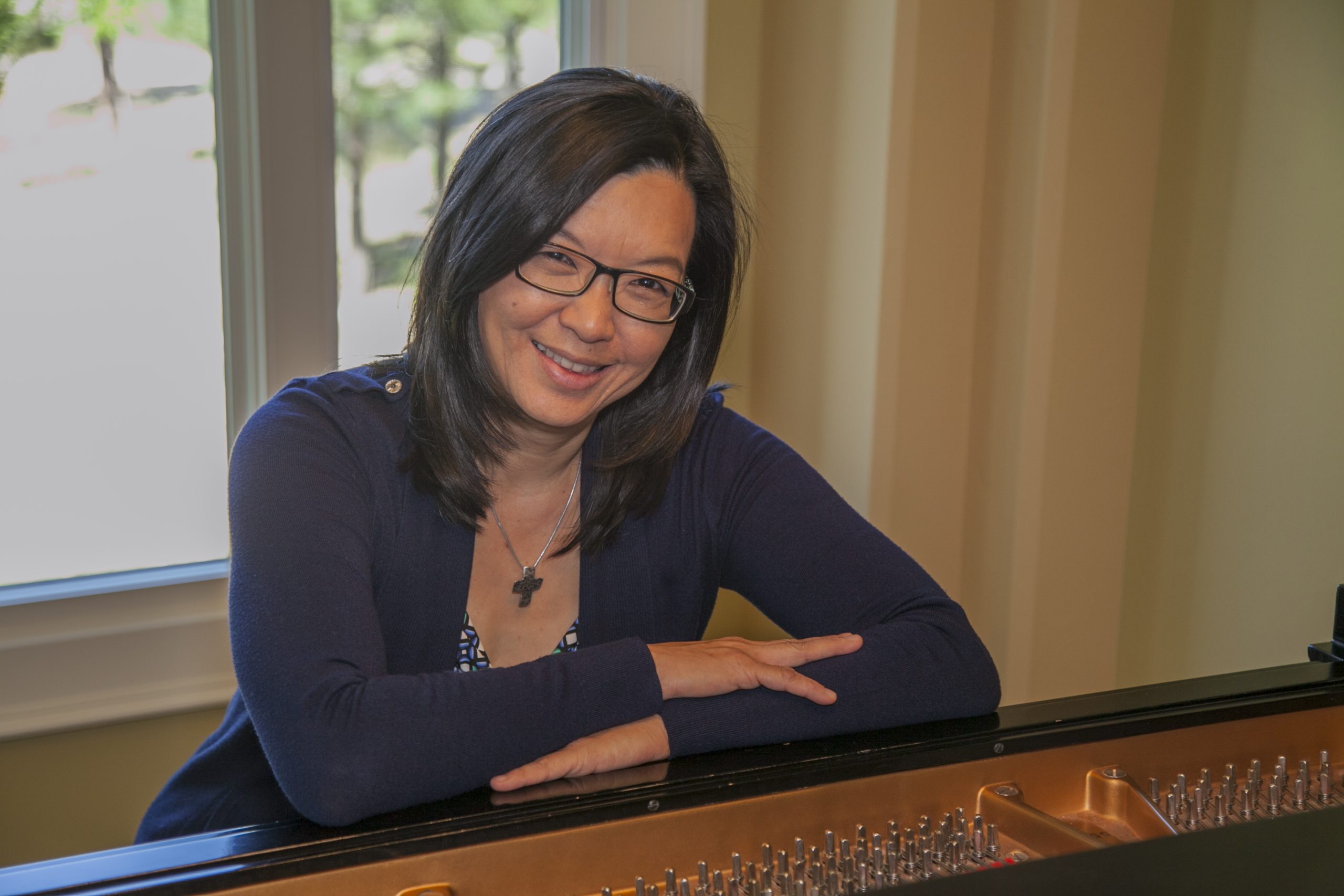To celebrate the latest episode of Piano Inspires Podcast featuring Chee-Hwa Tan, we are sharing an excerpted transcript of her conversation with Alejandro Cremaschi. Want to learn more about Tan? Check out the latest installment of the Piano Inspires Podcast. To learn more, visit pianoinspires.com. Listen to our latest episode with Tan on Apple Podcasts, Spotify, YouTube, or our website!

Alejandro Cremaschi: Where are you seeing our field going now? What’s your impression? Are you thinking about these things: you know, the classical music making, piano playing? Where are we, and where are we going? What do you see in the future?
Chee-Hwa Tan: I think that music will always be relevant. We all need that. I mean, we have this craving for beauty. Now, I think if we all insist on our little boxes, then we look within that box and say, “well, where’s it going?” I can’t answer that. I think as long as we focus—as far as in piano and teaching—if we keep reminding ourselves, asking ourselves, like, during the pandemic, I thought we should be asking, what do they need? What does this student need right now? My grad students—everything has shut down. How about I just throw out my course and do a different—what do they need? Do they need all this content and information? You know what I’m saying?
Or do they need to connect because they’re looking rather depressed across that Zoom screen, you know, in their apartments. So I think that if we think back to what Frances Clark said, you know, that first you teach the student. And I say, I reword that, first you see the person, you see the person, and that person can make music, and that person could feel like an artist. If they feel a little bit like an artist, maybe not to the level of our classical standards, but they feel a bit like an artist, they are going to be hooked on music for the rest of their lives, and they will be supporters of the arts one day, or they may be innovative in their music. So I’ve had to just move out of that box a little bit and I was definitely in that box. I mean, you know, it’s been a continued growth process. I think that music, as long as we keep—we don’t become segregated or elite, you know, and I don’t say lower the standard you know—but value someone’s music making. Find something, you know, that’s at least something that’s special. Try to look at it that way because otherwise we kill our own joy.
AC: Right?
CHT: I was killing my own joy sitting there and noticing everything, you know, when that’s not the way it ever was anyway, you know? Now we are in a world of super edits. Right? Yeah, so I think there’s great hope for music. I think we just need to flex with it. We don’t have to lower our standards, we just need to open our vision, a perspective to the bigger picture. You know, ask us for that gift to be able to see the bigger picture and see people first, because people matter. I tell my graduate students that—as I was leaving DU—that people matter more than the product. People matter more. That’s what you leave behind: the people and the relationships.
If you enjoyed this excerpt from Piano Inspires Podcast’s latest episode, listen to the entire episode with Chee-Hwa Tan on Apple Podcasts, Spotify, YouTube, or our website!
MORE ON CHEE-HWA TAN
- WEBINAR: Composer Conversations: Chee-Hwa Tan with Jennifer Snow
- MAGAZINE ARTICLE: Create to Motivate: Using Repertoire to Incorporate Creativity in Lessons by Chee-Hwa Tan
- WEBINAR: Piano Music by Composers of Asian Heritage with Chee-Hwa Tan, Li-Ly Chang, Alexina Louie, Naoko Ikeda
- BOARD OF TRUSTEES: Chee-Hwa Tan
- WEBINAR: Composers and Music of Asian Heritage with Yoshiko Arahata, Kairy Koshoeva, and Gulimina Mahamuti, with Chee-Hwa Tan, Host
- DISCOVERY PAGE: Create to Motivate: Using Repertoire to Incorporate Creativity in Lessons by Chee-Hwa Tan